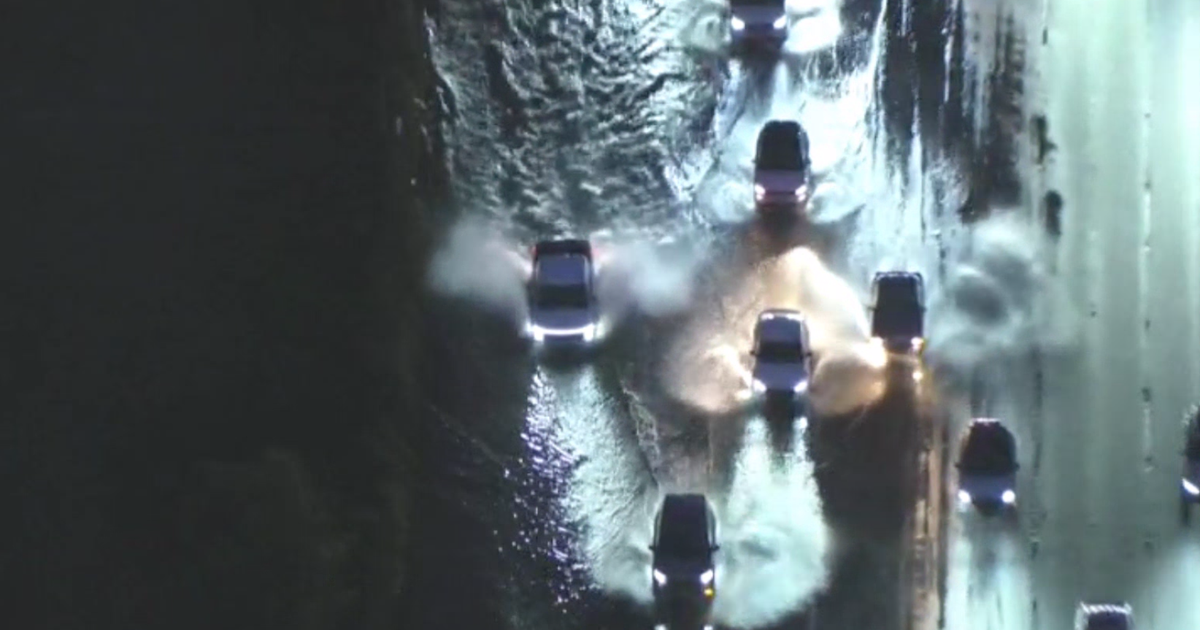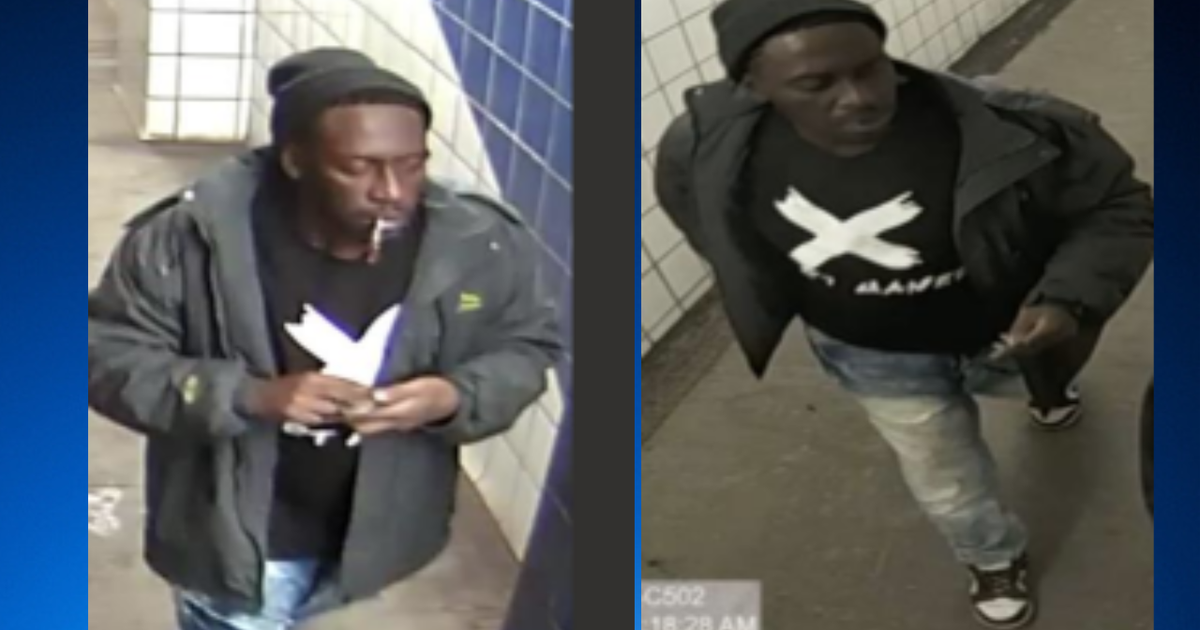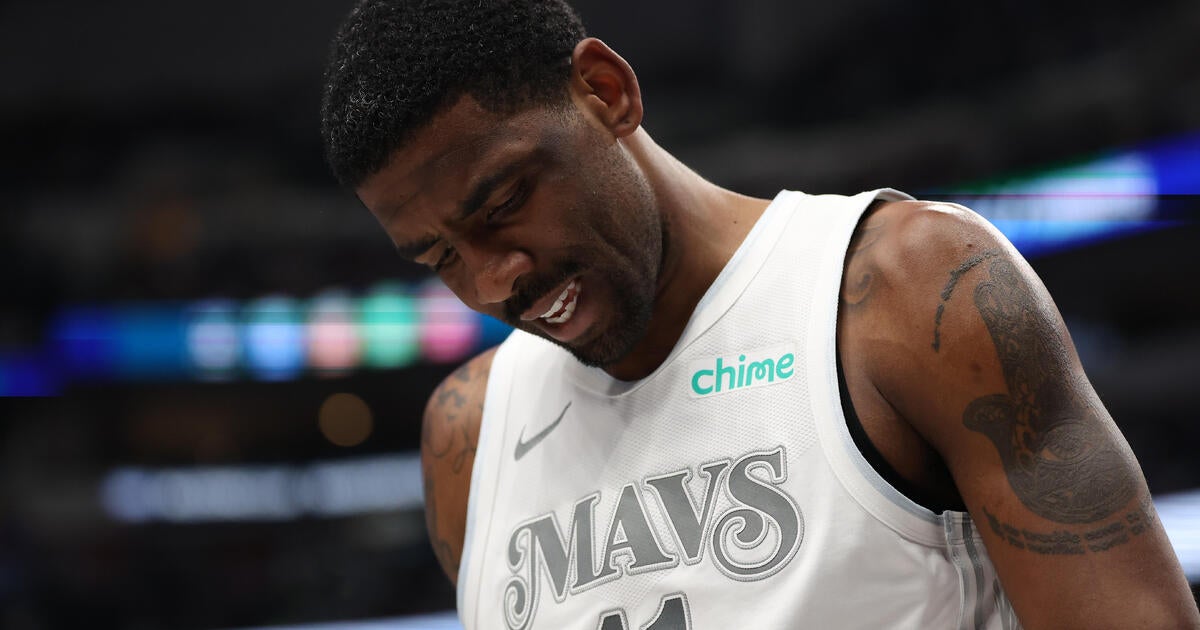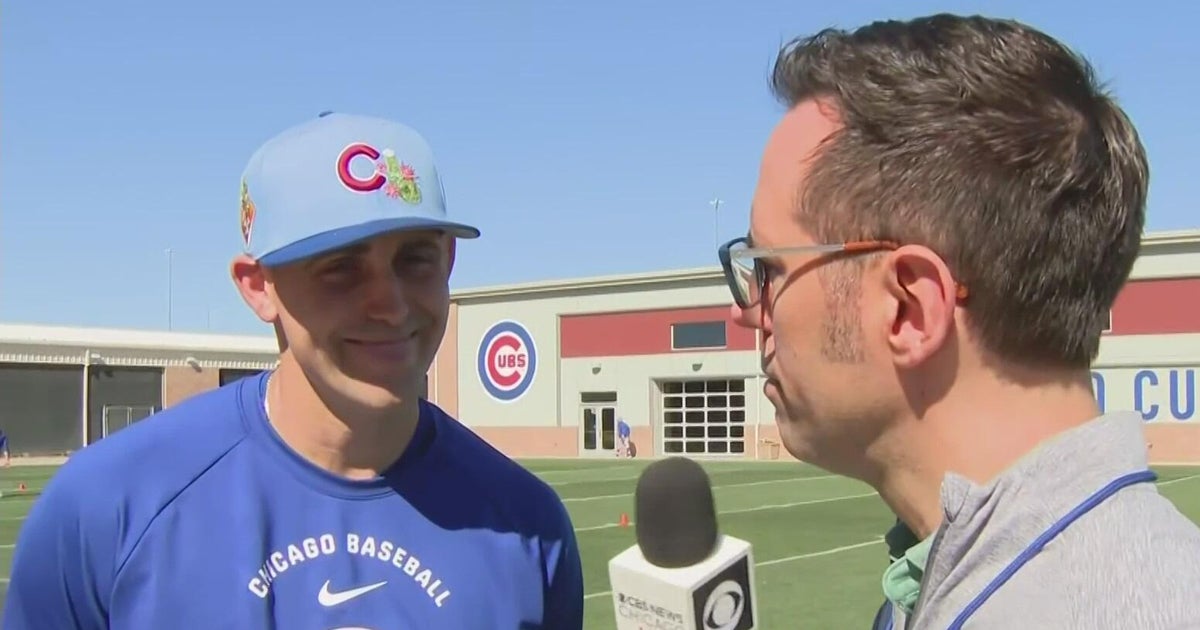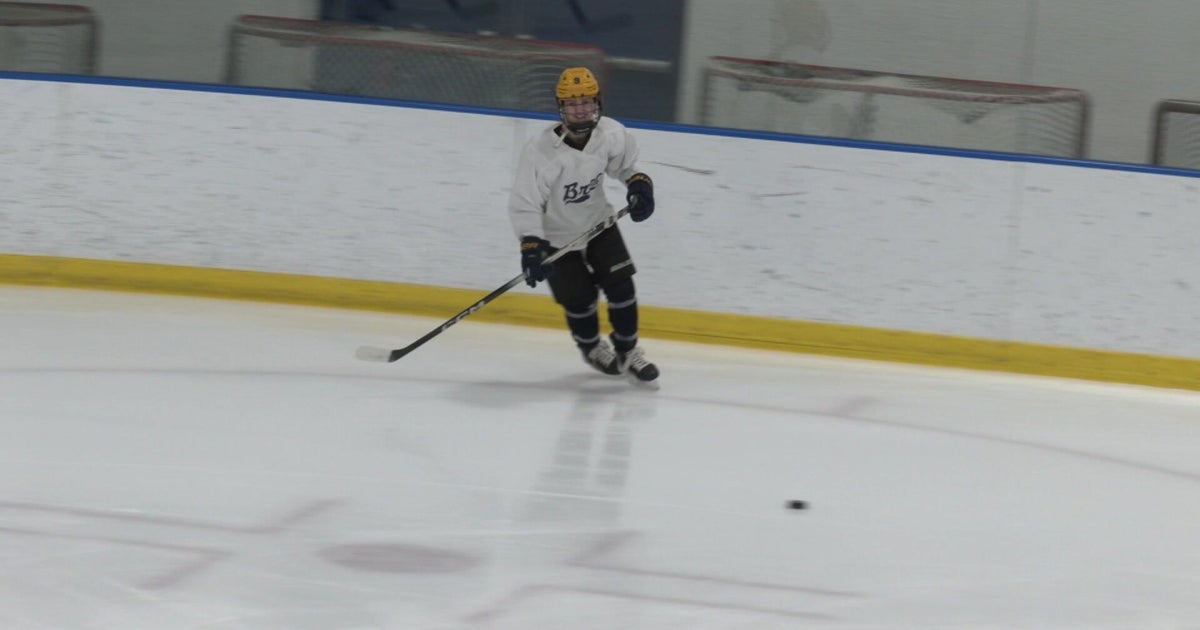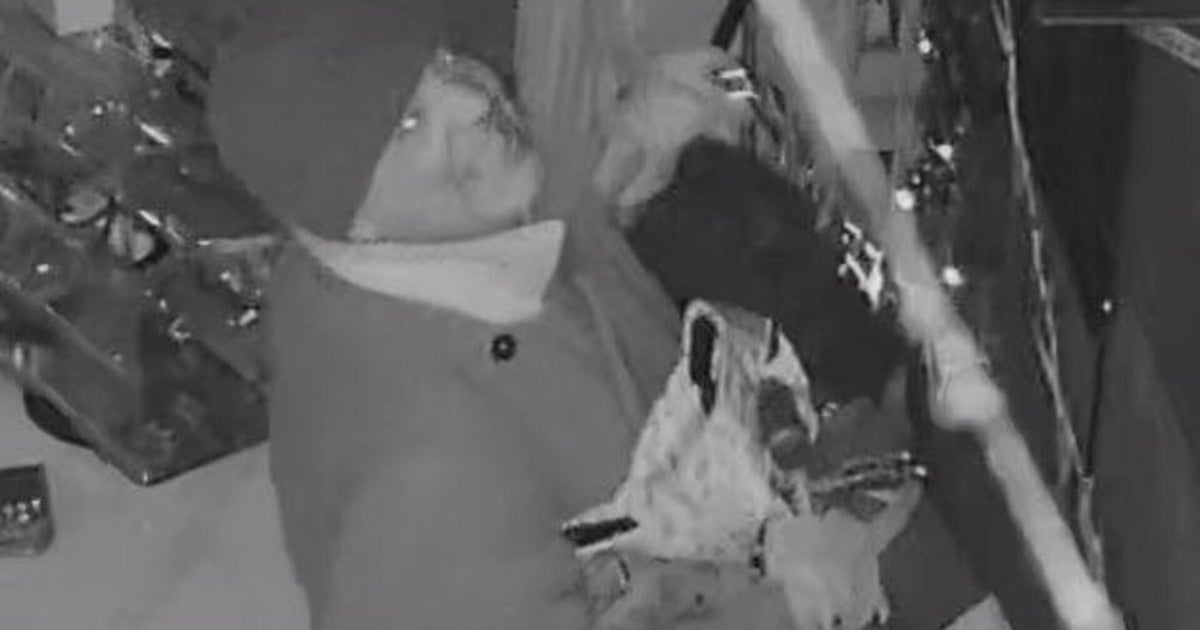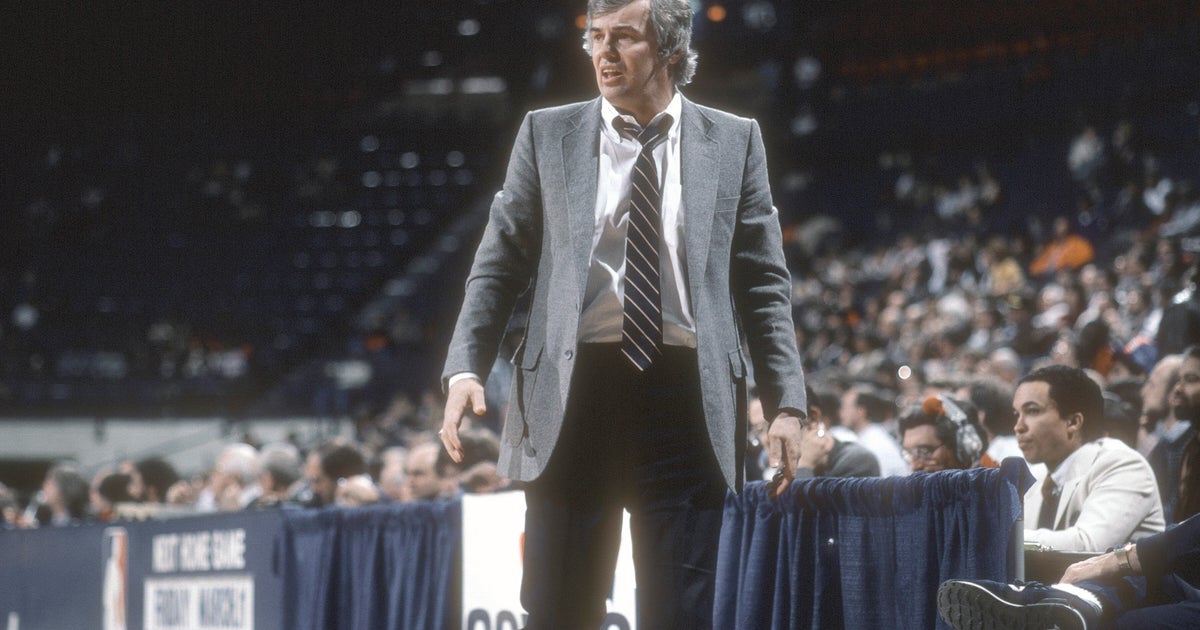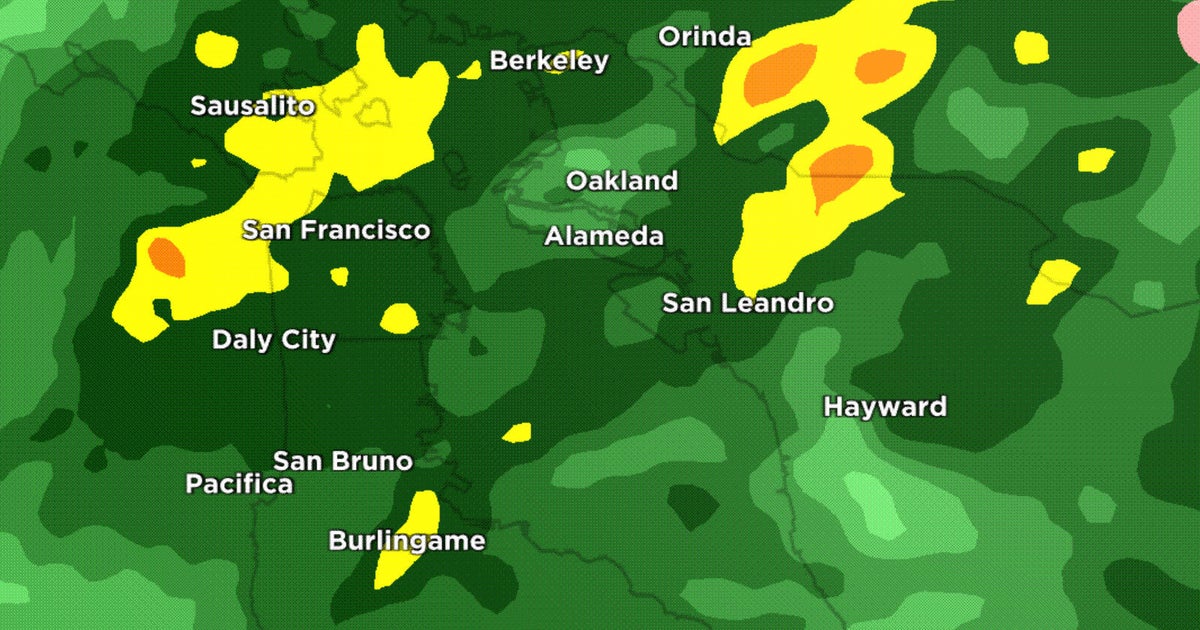Stern Makes A Heavy-Handed Stand
The last time David Stern caused so much outrage around the NBA he was busy handing down a new dress code to keep players from looking like gangsta rappers.
The similarities don't end there. Despite his protestations otherwise, Stern's decision to veto the first Chris Paul trade to the Los Angeles Lakers was as much about image as his decision six years ago to outlaw baggy pants and hats worn sideways.
With the ink barely dry on the new pact with players, Stern really didn't have much choice. Owners of smaller market teams didn't go through a 149-day lockout only to find it was business as usual when business finally resumed.
That they weren't entirely happy with what they got out of the lockout was evident enough. Having their faces rubbed in it with the trade of a superstar on the first day the contract was signed would have been downright insulting.
Unfortunately for Stern, the result of his veto was a comical farce that left players in limbo on three different teams. It also drew a harsh reaction from fans and members of the media, some of whom portrayed Stern as a grumpy old dictator trying to hold on to his power and prestige.
You don't run a league for 27 years, though, without being able to navigate the politics of power. And the cheers that Stern got from smaller market teams in the wake of the veto were the payoff he was after when he blocked the deal that would have made the already good Lakers even better.
"I'm one who likes to see the market and teams that have invested in a player and helped develop a player have an opportunity to have that player be a long-time part of that community," Utah Jazz president Randy Rigby said. "As a small-market team, it's very important. ... We had a lot of years of success with certain players named John Stockton, Karl Malone, who invested and committed to a community. That community committed back, and we saw a lot of success together."
Paul, of course, may end up with the Lakers anyway. There were reports Saturday that the three teams involved in the deal were trying to tweak it to address the commissioner's official concern — that the New Orleans Hornets were not getting enough young talent in return for their All-Star point guard.
And Hornets general manager Dell Demps — who runs the league-owned team but by now has to be wondering who he's working for — expressed confidence that a trade would be done.
Still, the trade of a superstar to a rich team that already has Kobe Bryant is exactly the kind of thing Stern and his fellow owners took a stand against when they locked out the players to begin with. The league was not going to be run for the pleasure of its richest members any longer, even if it eventually cost the NBA some games or even an entire season.
But while players had to take a pay cut of some $250 million for the short-term, there was no hard salary cap in the deal and nothing that seriously curtails the free agent market. Teams like the Lakers and New York Knicks still will be able to stockpile expensive talent, though a more costly luxury tax might cause Jerry Buss and others to think twice before chasing after the latest superstar.
The lack of a hard cap surely irritated some of the hardline owners to begin with, and five of them voted against the deal. And, while Stern made it clear that he acted without consulting other owners in vetoing the trade, he had to be thinking of owners like Cleveland's Dan Gilbert.
"When will we just change the name of 25 of the 30 teams to the Washington Generals?" Gilbert asked Stern in an email obtained by the New York Times and Yahoo Sports in which he expressed outrage over the Paul deal.
While it's anyone's guess how much the new labor deal is going to affect the long-term competitive balance of the league, adding Paul to a Lakers backcourt that already includes arguably the best player in the game was clearly not what most NBA owners had in mind when they decided to make a stand against a system they saw as heavily tilted toward the major market teams.
The rich weren't supposed to get richer. The playing field was supposed to become more level.
Yes, Stern was heavy-handed in blocking the deal at the last moment, though that's his style. Yes, it's unfair to players like Paul, Pau Gasol and Lamar Odom to be left in limbo while others make plans for their futures.
But the lockout was about more than just helping small market teams make a few bucks. They were supposed to have the chance to compete occasionally for a championship in what has always been a historically unbalanced league.
Sending Paul from a league-owned team to the Lakers on the first day of camp would have been a clear sign that wasn't going to happen.
Copyright 2011 The Associated Press.
